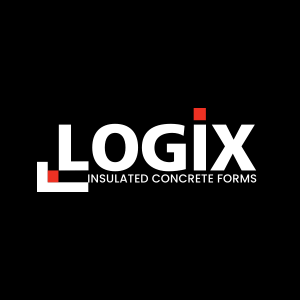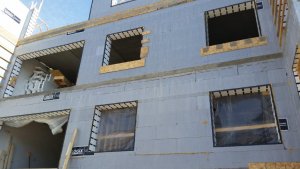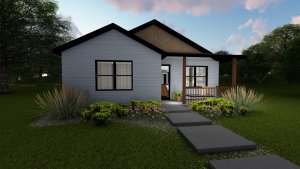Building with insulated concrete forms (ICFs) is straightforward and ICF homes generally reward their dwellers with high levels of comfort, energy-efficiency, and disaster resilience.
In our guide below, we’ve listed the 7 most important factors to consider when you’re planning a construction project with a system such as Logix ICF.
Whether you’re a pro builder or an owner-builder working on their own home’s design, we hope that the guide below will help streamline your ICF construction project.
1. Establish Zoning and Development Limits for Your Site
Your first step in planning an ICF construction project is to verify the zoning requirements and development limits for your site. Each lot of land falls under specific zoning and development regulations imposed by the authority having jurisdiction. These regulations may affect your construction site in many ways, including:
- Building occupancy
- Building dimensions
- Building appearance
- Site layout
To find out how local zoning and development regulations impact your ICF project, reach out to your local planning officials.
2. Set Construction Budget Limits
Setting a firm construction budget limit helps you plan your ICF construction project accurately. Thorough financial planning allows you to make sound trade-off decisions when you’re forced to choose between desired design features, staying on schedule, and avoiding budget overruns during construction.
Additionally, you should consider meeting with the financial institution that will provide your construction loan early on in the planning phase. Construction loans are quite different from mortgages, so you should discuss your loan structure with the bank before you commit to the project. What’s more, the loan amount you qualify for hinges on how the institution appraises your future home (and having a Logix ICF home may provide you with some advantages in the assessment stage!)
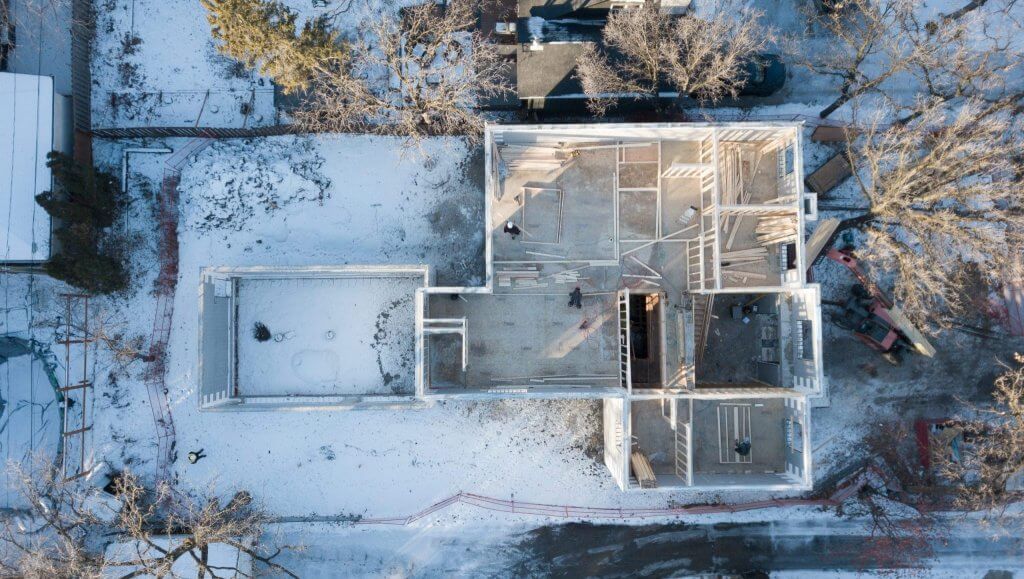
3. Plan The Home’s Energy-Efficiency Levels
Building with a system like Logix ICF gives your home an automatic boost in energy-efficiency for three key reasons:
- Airtightness: ICFs effectively enclose the home with a concrete core and two continuous layers of insulation, thus preventing heat transfer through air movement.
- Full thermal break: Since the ICF insulation is continuous, heat has no easy means of escape from the home’s interior.
- High thermal mass: ICF walls have a high thermal mass thanks to their concrete cores that are sandwiched between two panels of insulation. Because of the high thermal mass, it takes a long time for a home’s interior temperature to go up or down as the exterior temperatures fluctuate. This means that heating and cooling systems can stay offline longer when the weather changes dramatically.
However, despite the high level of energy-efficiency an ICF home affords, you may still wonder if you can set the benchmark higher in your home.
For example, you may want a house that’s Net Zero, Net Zero-Ready, or Passive. In this case, you might wish to upgrade the Logix ICF walls to R-28 Logix Platinum Series and/or add a further R-8 to the walls with Logix slide-in D-Rv Panels.
You may also want to consider an additional continuous insulation layer, especially if you’re building a high-performance home in a particularly cold climate zone.
Apart from upgrading the walls, you should enhance the performance of other building envelope components, such as glazing, the roof, and the concrete slab.
4. Plan The Home’s Resilience Level to Natural Disasters
Building a home with Logix ICF adds a strong layer of defense against natural disasters, simply because the walls are made with reinforced concrete. Thanks to their reinforced concrete cores, Logix ICF homes are well-protected against the effects of earthquakes, high winds, and even wildfires.
That said, there are always ways to make a home even more resilient in the face of natural disasters. If you live in an area that’s seismically active, prone to powerful winds, or experiences wildfires, you could consider further resiliency upgrades to your Logix ICF home.
5. Incorporate Universal Design (UD) Into the ICF Home Plans
Universal Design (UD) is the composition of an environment that’s accessible and functional for people of all ages and abilities. Spaces built with UD in mind are convenient, pleasant, and important for everyone’s well-being.
Since ICF homes have a long service life spanning multiple decades, they can be multi-generational — you could expect the home’s first occupants to grow older there with time.
As such, you may wish to incorporate some UD principles into your ICF home’s design in order to ensure lasting comfort and convenience for the dwellers in the long term.
To incorporate UD principles into the design of an ICF home, you’ll have to speak with the architect and brainstorm appropriate UD features before the home’s design phase begins.
For your reference, here’s an example of a Logix ICF home that was designed to UD (and Net Zero!) standards.

Use the Logix One Minute Engineer or our Logix Prescriptive Tables as guidance for the steel reinforcement placement within the ICF blocks. Local building regulations in some locations may have more onerous requirements, so always refer to the local codes, too.
6. Integrate Your Lifestyle Preferences Into the ICF Home’s Design
A home’s features have a large impact on the dwellers’ lifestyle. For example, the room layouts, interior finishes, and glazing types and locations all affect the occupants’ daily activities, mood, and comfort.
To this end, it’s important to collaborate with the designer and discuss your lifestyle preferences, and brainstorm various home features, from finishes to layouts.
The designer will then offer you a range of solutions that work best with your family’s lifestyle, and you’ll have a chance to approve one that you find most attractive before the design gets underway.
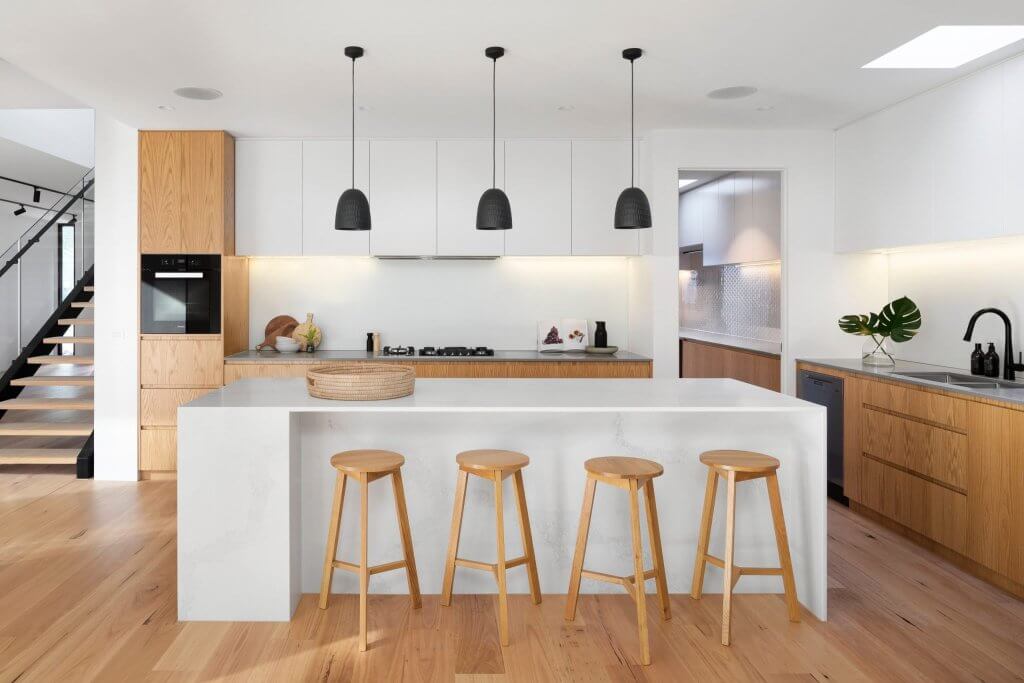
Don't miss a thing!
Subscribe for the latest in the ICF world, exclusive content, insider industry news and limited edition webcasts.
7. Make Wise Use of the Basement Space
If your ICF home has a basement, at least 50% of the basement floor area or more will be should be available for conversion into comfortable living space (with the other up-to 50% accommodating mechanical systems etc.). Before the design of the ICF home begins, take the time to consider how you’d use this potentially very comfortable basement space.
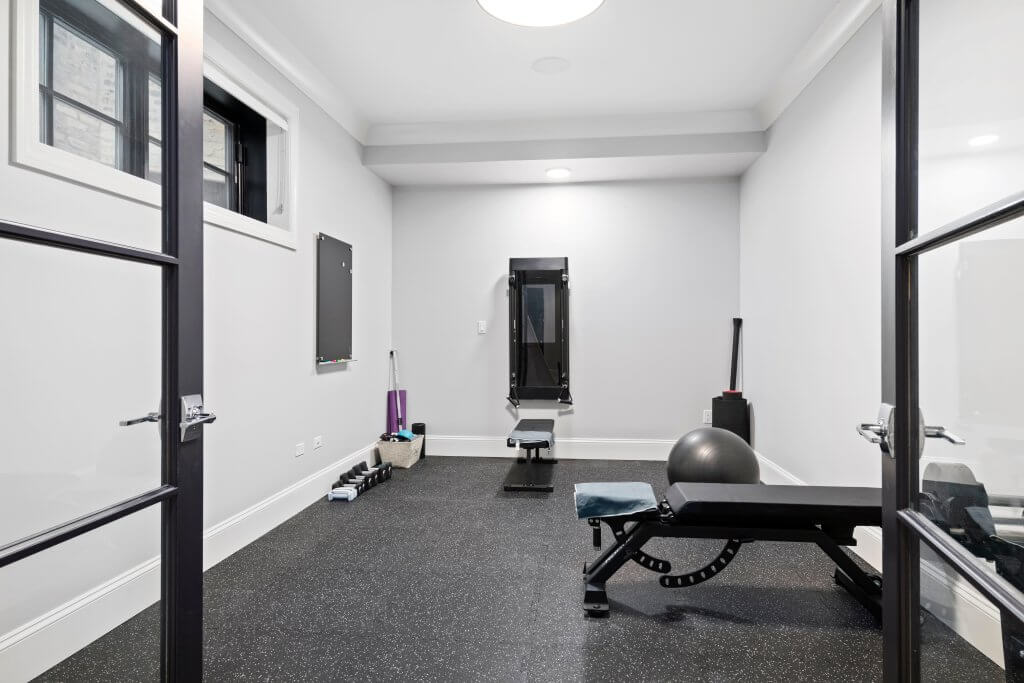
Here are a few common utilizations of ICF basement living areas:
- Accessory Dwelling Unit: You can create an independent dwelling unit in the basement and use it to generate rental income or house adult children.
- Office space: You have the option of converting the basement into a personal office space.
- Recreational space: You can turn the basement into a games room, gym, or wine cellar — the options are limitless, but you must give them due consideration before the home design begins.
Wrapping It Up
If you’re considering building an ICF house, congratulations — you’ll end up with an energy-efficient, resilient, and comfortable home that will last for generations!
As you plan our ICF project, we hope that the seven factors we’ve discussed above will come in handy and help make your project a success.
